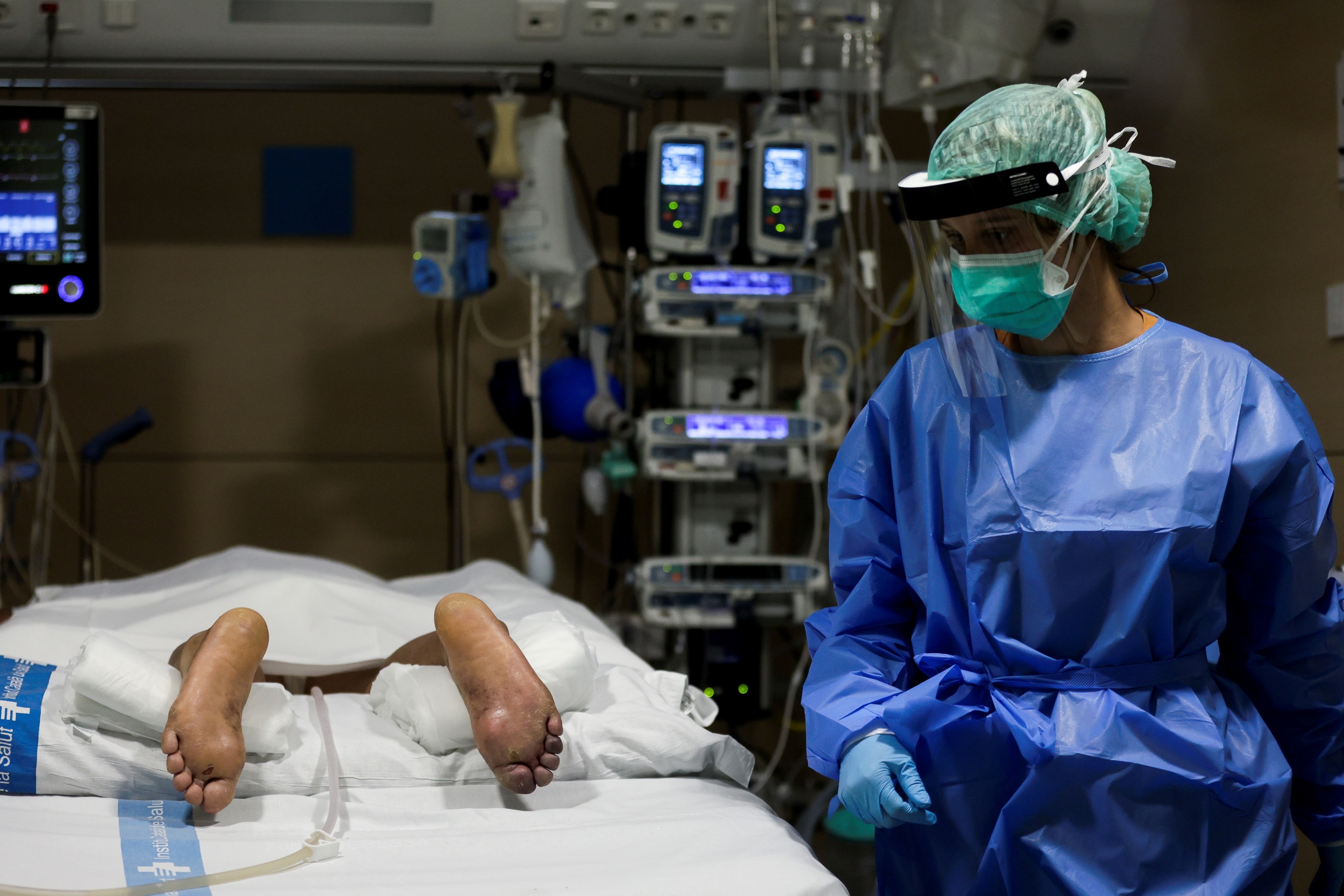Cannabidiol, a primary active compound in hemp and marijuana, may prevent infection from developing soon after the virus has entered cells.
Preclinical experiments in human cells and mice suggest that cannabidiol, a primary active compound in hemp and marijuana (Cannabis sativa), may prevent SARS-CoV-2 replication early in the course of infection, shortly after the virus has entered the cells.
This is one of the main conclusions of a study published in the journal Science Advances Led by researchers from the University of Chicago, in the United States, which, however, strongly reject the self-administration of this compound for covid-19: More research is needed and questions remain about the optimal dose, formulation, or mode of administration.
Also, a Correlative analysis of 1,212 patients who had a history of using cannabidiol (CBD) to treat seizures showed a substantially lower rate of SARS-CoV-2 infection compared to matched control groups.
This is currently the only FDA-approved use for CBD.
Emphasizing the importance of not self-ingesting this substance, Long Chi Nguyen and his team advocate rigorous clinical trials evaluating the potential of CBD as a therapeutic intervention for covid-19, including its possible effects throughout the entire course of SARS-CoV-2 infection.
According to the scientists, the results provide “a strong justification for doing so,” says a summary of the article provided by the journal.
The researchers detail that they only observed antiviral activity in CBD and its metabolite 7-OH-CBD and did not see similar results in several closely related cannabinoid compounds, such as cannabidylic acid, cannabidivarin, cannabichromene and cannabigerol.
In addition, they also discovered that tetrahydrocannabinol (THC), the main psychoactive compound in C. sativa cultivated for use as marijuana, could strongly counteract the antiviral effects of CBD that they observed
The authors state that this finding “essentially eliminates the feasibility of marijuana serving as an effective source of antiviral CBD.”
The researchers treated human lung cancer cells expressing the ACE2 receptor – the key entry point for SARS-CoV-2 – with CBD two hours before infection with the virus.
After 48 hours, the team observed strong inhibition of viral replication, with no observable toxic effects.
The researchers repeated these experiments with two other types of human cells and three variants of the virus (alpha, beta and gamma), all with comparable results.
Noting that some previously investigated therapies for SARS-CoV-2 showed promise in cell experiments but did not work well in live animal tests, Nguyen and his team also tested their results in mice expressing the human ACE2 receptor.
They injected mice with CBD twice daily at two different doses for one week before SARS-CoV-2 infection and continued for four days after infection.
At both the lowest and highest doses, CBD reduced viral load and none of the mice lost weight or showed signs of clinical disease.
“These results establish the Preclinical efficacy -tissues and animal models- of CBD as an antiviral drug for SARS-CoV-2 during the first phases of the infection”, conclude the authors of the work.
According to the criteria of
Know more
www.elmundo.es
George is Digismak’s reported cum editor with 13 years of experience in Journalism
